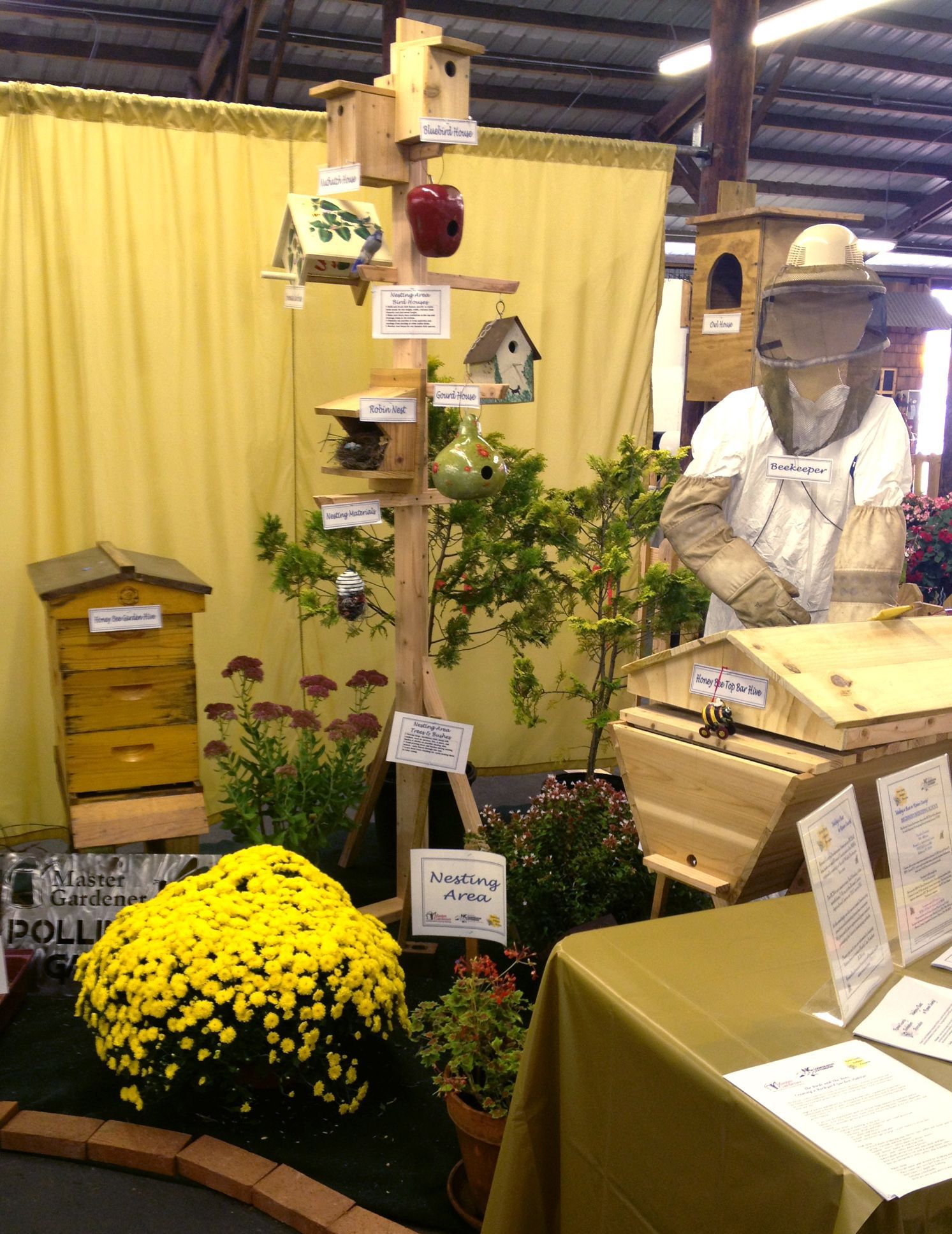Birds and bees: Find out what brings them to your home
Published 12:00 am Friday, September 26, 2014
Do you know all about the birds and the bees? Not that parenting talk, but do you really know what birds, bees and other pollinators need to survive? If not, be sure to check out the Extension Master Gardener and Beekeeping booth at the Rowan County Fair this year.
The combined booth at the fair is probably in the top 10 of the booths made by Extension Master Gardeners, and the partnership with the Rowan County Beekeepers could not have come at a better time. With more bees being susceptible to colony collapse disorder and birds losing habitat, homeowners and gardeners alike need to start thinking about providing some of their land as a habitat sanctuary. The booth is set up to help you create a garden habitat; each of the areas are used for cover, food, nesting and a water supply.
Handouts are available to provide visitor’s ideas on what plants are best for each area. In the display, there are shrubs that contain fruit, flowers to provide nectar and trees to provide nesting areas. All of this can be done in a small location or lawn area. There are also some neat, interactive games for the whole family. One is to determine which bird you may see in your sanctuary. The other interactive game is to help you determine which insect you may be seeing. Bees are one of the most misidentified insects that we receive phone calls about; this is due to many insects that have similar colors or try to mimic bees themselves.
If you are more interested in the beekeeping portion of the booth, be sure to stop by the tables and pick up information on the Rowan County Beekeeping Association and check out their flyer on their beekeeping school starting in January.
The Extension Master Gardener and Rowan County Beekeeping booth has just a few samples to see what a sanctuary can look like. There are many pollinator gardens across the state and there is also one at our Cooperative Extension office (2727 Old Concord Road). We are all doing this to help pitch in. It is also becoming more common for homeowners to create pollinator gardens as well as way stations for butterflies such as the Monarch. Keep that in mind when you are tackling your next landscaping project, I know there will be plenty of pollinators that will be grateful that you did.
For more information on creating your own habitat, whether for birds, bees or all types of pollinators, contact your local Cooperative Extension Agent, Danelle Cutting at 704-216-8970.





